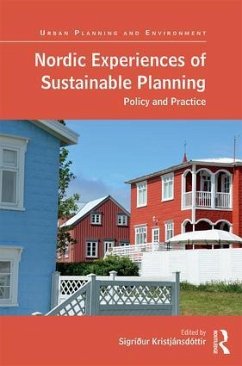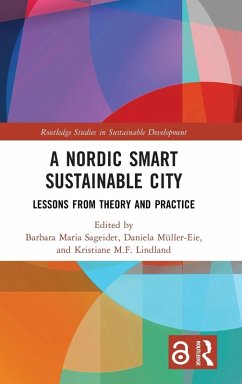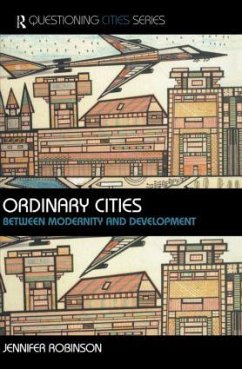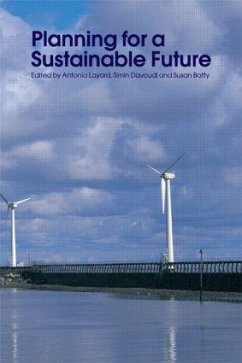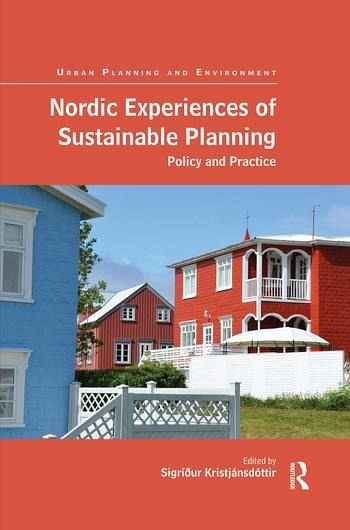
Nordic Experiences of Sustainable Planning
Policy and Practice
Herausgeber: Kristjánsdóttir, Sigríður
Versandkostenfrei!
Versandfertig in 1-2 Wochen
55,99 €
inkl. MwSt.

PAYBACK Punkte
28 °P sammeln!
For well over a decade, there has been a drive towards sustainability in planning throughout the Nordic countries. But are these countries experiencing a paradigm shift in planning research and practice with regards to sustainability? Or is the sustainability discourse leading them into an impasse in planning? This book includes overviews of the planning systems in the five Nordic countries, drawing attention to their increasing focus on sustainability. A leading team of scholars from the fields of planning, urban design, architecture, landscape, economics, real estate and tourism explore how ...
For well over a decade, there has been a drive towards sustainability in planning throughout the Nordic countries. But are these countries experiencing a paradigm shift in planning research and practice with regards to sustainability? Or is the sustainability discourse leading them into an impasse in planning? This book includes overviews of the planning systems in the five Nordic countries, drawing attention to their increasing focus on sustainability. A leading team of scholars from the fields of planning, urban design, architecture, landscape, economics, real estate and tourism explore how the notion of sustainability has shaped planning research in the Nordic countries. Case studies from Iceland, Sweden, Finland, Norway and Denmark shed light on what lessons can be learned and some possible future developments. By focusing on the actual settings and practices of local and regional planning activities, it enables a discussion on the current state of planning for a more sustainable future. This book will be valuable reading for students and academics interested in planning policy, environmental policy, architecture and urban design work.





